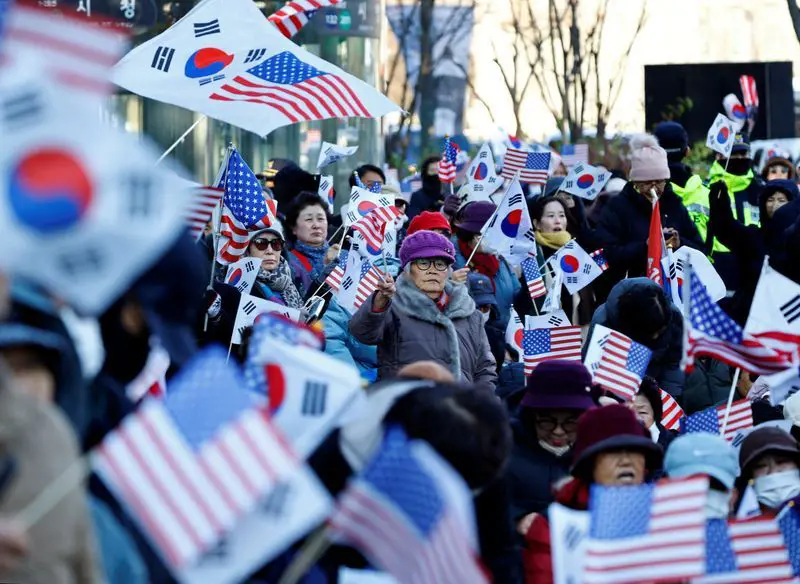On December 3, 2024, South Korean President Yoon Suk Yeol declared martial law, citing the need to counter political unrest and maintain public order amidst a national medical crisis. The unexpected decision marked the first time martial law had been enacted in the country since the 1980s, drawing widespread public and political backlash.
Why Was Martial Law Declared?
The declaration came as South Korea faced a crippling healthcare emergency caused by ongoing strikes by medical professionals. Resident doctors, protesting proposed healthcare reforms and increased medical school quotas, had walked out en masse, disrupting critical medical services. President Yoon argued that martial law was necessary to ensure the country’s stability and accused opposition forces of attempting to “overthrow free democracy”

Under martial law, military authorities were granted sweeping powers, including control over media, a ban on political and labor activities, and orders requiring striking doctors to return to work within 48 hours. Violations were subject to arrest without warrants, further intensifying public and political outrage.
Immediate Backlash and Repeal
The announcement of martial law led to mass protests, with thousands of citizens rallying in Seoul and calling for the measure to be overturned. Political leaders, including members of Yoon’s own People Power Party, criticized the move as undemocratic and excessive. Lee Jae-myung, leader of the opposition, condemned the declaration as an act of betrayal and mobilized public and legislative resistance.

South Korea’s National Assembly acted swiftly, invoking constitutional provisions to repeal martial law. Within hours of its declaration, the legislature passed a resolution to nullify the order, forcing President Yoon to lift martial law on December 4, 2024.
The Fallout
While martial law lasted less than 24 hours, its political consequences are expected to be long-lasting. President Yoon now faces widespread calls for his resignation, with critics accusing him of abusing his authority. Discussions about impeachment have surfaced, as opposition leaders and citizens question his ability to lead a democratic nation.
For South Korea, the brief but intense period of martial law underscores the fragility of democratic institutions when faced with political and social crises. For President Yoon, it has become a defining moment of his administration, one that could determine his political future.




